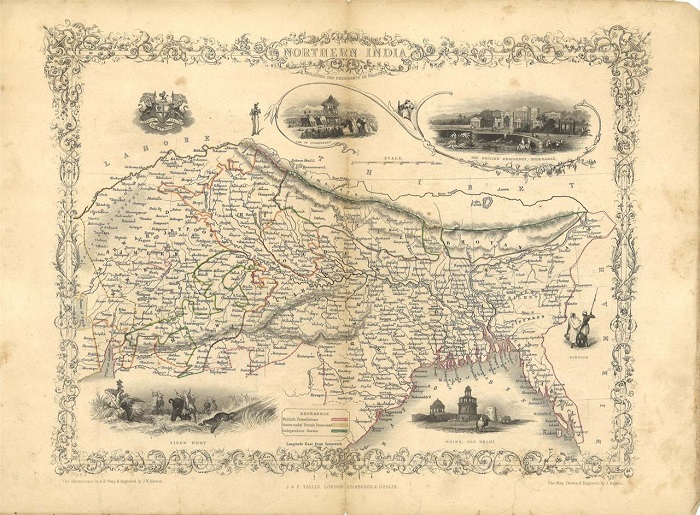FWP:
SETS == EK; WORDPLAY
What an insistent show of wordplay! We have balā , mubtalā (which comes from the same root), āfat (which has virtually the same meaning), and another balā . Then we also have the nice sound/meaning pair of jāñ and jahāñ , the single 'life' versus the 'world'.
The first line is vague enough so that we can't really tell where it's going. And the second line is a conventional enough expression of praise. Only when we put the two lines together, through the power of implication, do we get something beyond the ordinary.
For as the commentators observe, the lover resents the ability
of a 'whole' world [ik jahāñ] to share in his exquisite
suffering. (For more on idiomatic usages of ek , see {6,6}.) The lover complains not of disasters and calamities caused by the beloved's
deadly charm, but only of the miseries of jealousy/envy. If only he could have those disasters and calamities for himself alone, and didn't have to share them so intolerably with all and sundry! For more on the complexities
of rashk , see {53,4}.
The lover isn't always so madly possessive, however: see {62,4}
for a witty and light-hearted look at the same situation.
(More and much larger scans from the Tallis 1851 set: *here*.)


Nazm:
And even if it was a disaster, it should have been for me alone-- why did it happen to the whole world? (265)
== Nazm page 265